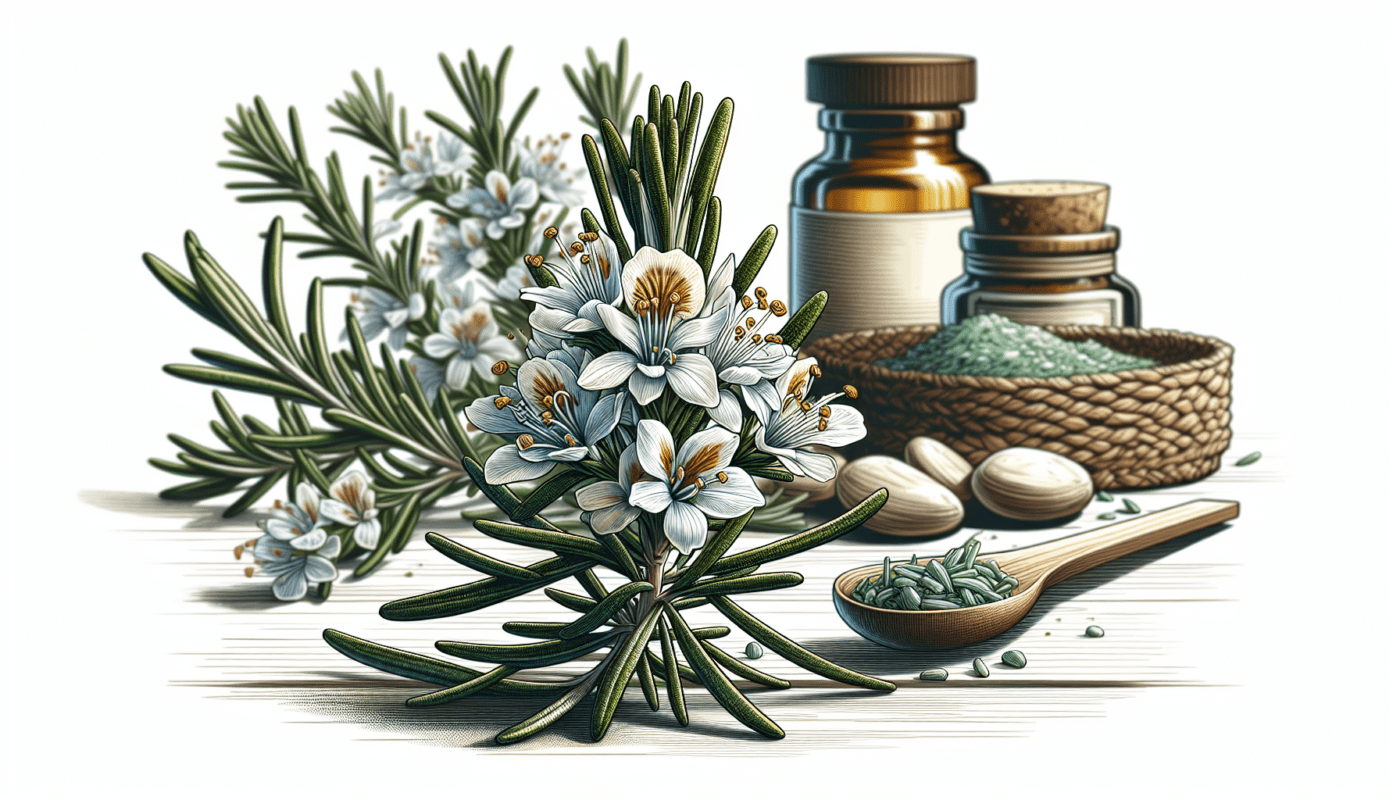Health
Does Rosemary Oil Really Help With Hair Growth? Here’s What Experts Have To Say

Subscribe to continue reading
Subscribe to get access to the rest of this post and other subscriber-only content.

Subscribe to get access to the rest of this post and other subscriber-only content.


